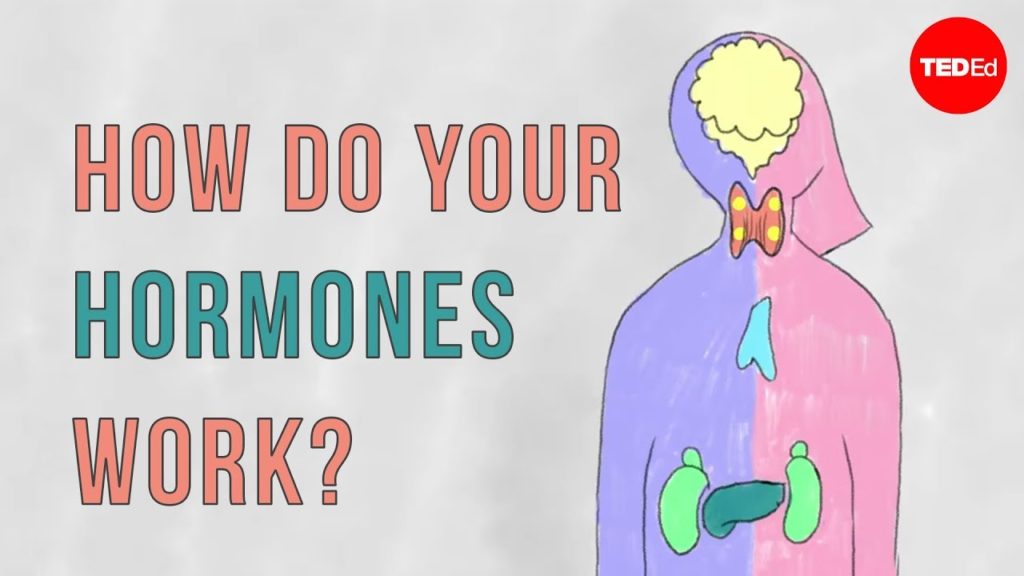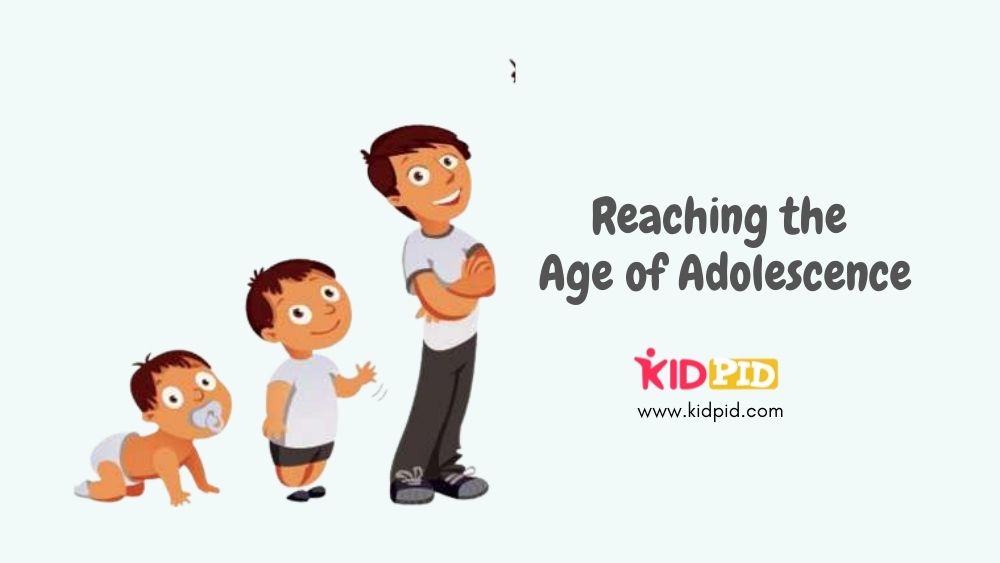How do your hormones work?

Our growth process is pretty evident, but the work that is put in by our endocrine system behind the scenes is often neglected. So, the next time you wonder about what it is that is responsible for all that work, you know who’s putting in the extra effort.
Contents
How does the Endocrine system function?
We know that this system influences all of our body’s cells, in order to do that it relies on three features- glands, hormones and cell receptors.
The multiple hormone-producing glands include three within our brain and the remaining seven are located in other parts of the body. These glands are surrounded by a network of blood vessels that help provide the necessary nutrients for the production of hormones. Thereafter, the bloodstream carries these hormones to their respective target cells.
These targets are determined by cell receptors- special proteins on the cell surface. They recognize the hormones passing by and bind to them. This ultimately causes a resulting reaction to the cell’s behaviour.
To understand the process better, let’s consider the example of the thyroid and its two hormones- triiodothyronine and thyroxine. These secretions travel across our body’s length and affect several other things like the breathing rate, heartbeat, body temperature and digestion.
Are there any side effects of these secretions?
Yes, these results are most evident during puberty.
In the case of men puberty’s onset is marked when the testes start releasing testosterone, which in turn is responsible for the growth of the sexual organs, growth of facial hair, deepening of their voice and increase in height.
For women, the same can be said to happen when the ovaries start secreting estrogen. The side effects of this secretion include widening of the hips and thickening of the wombs lining. This further marks the onset of menstruation and thereafter pregnancy.
Myths surrounding hormone secretion
Quite a few misconceptions around these hormones have been floating around for ages. Testosterone and Estrogen are often labeled as exclusively male and female hormones respectively. However, reality begs to differ. Both these hormones have been found in both men and women, just in different amounts.
Additionally, several other hormones are involved in the fetus’ growth during pregnancy. These hormonal changes are linked with what we call mood swings. As noted before, hormones control most of our body changes and organs. The production of chemicals like serotonin, a mood-boosting chemical released in the brain, is also handled by hormones.
Imbalanced hormonal secretions can also lead to disorders. The most commonly known hormonal imbalance is Diabetes.
Most evidently, they have a major role to play in our bodies. Their primary job is to regulate our body processes. Social or external factors like what kind of diet we choose to take also impacts the number of hormones being secreted. So, we’re just as responsible for certain imbalances.






Responses